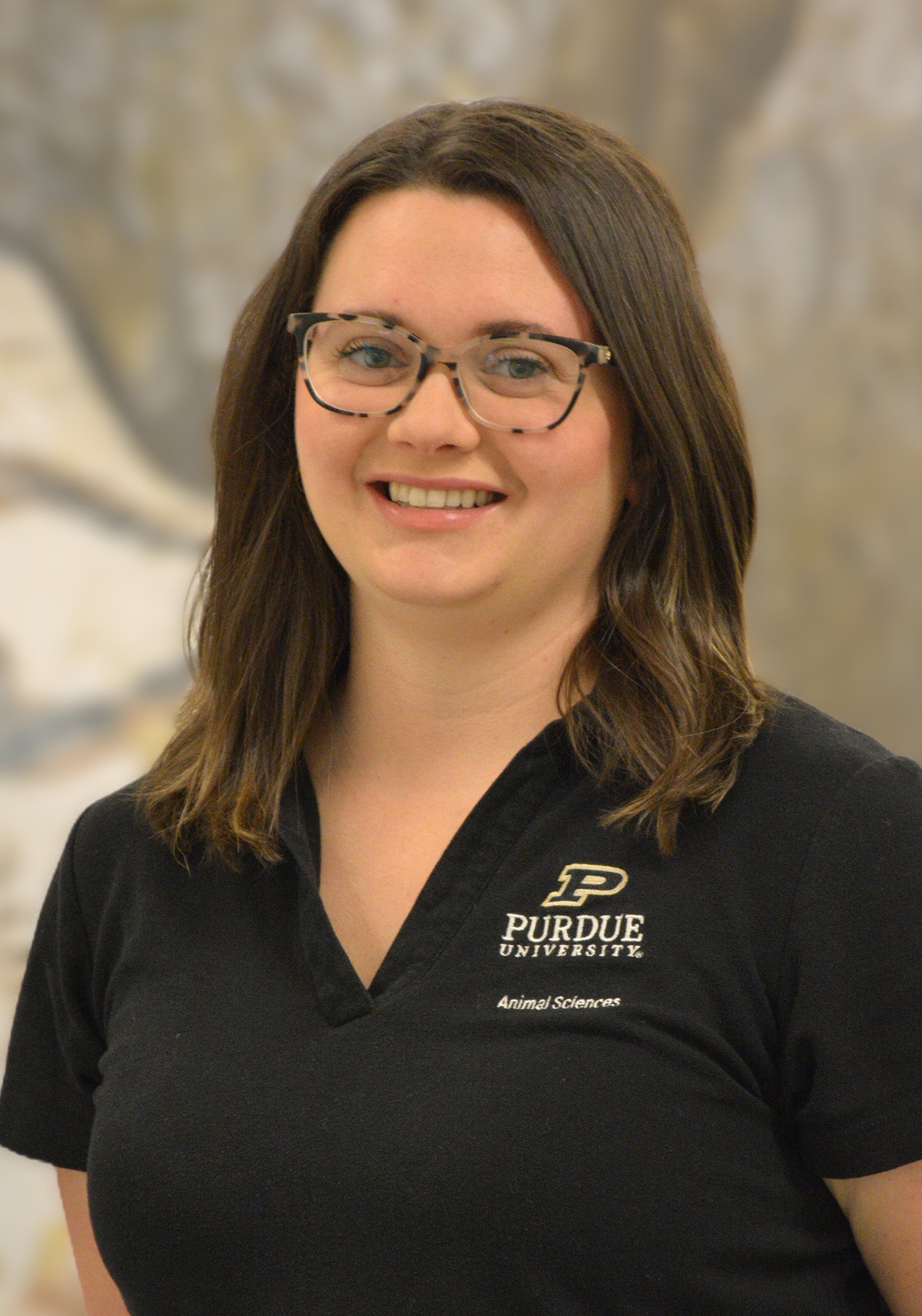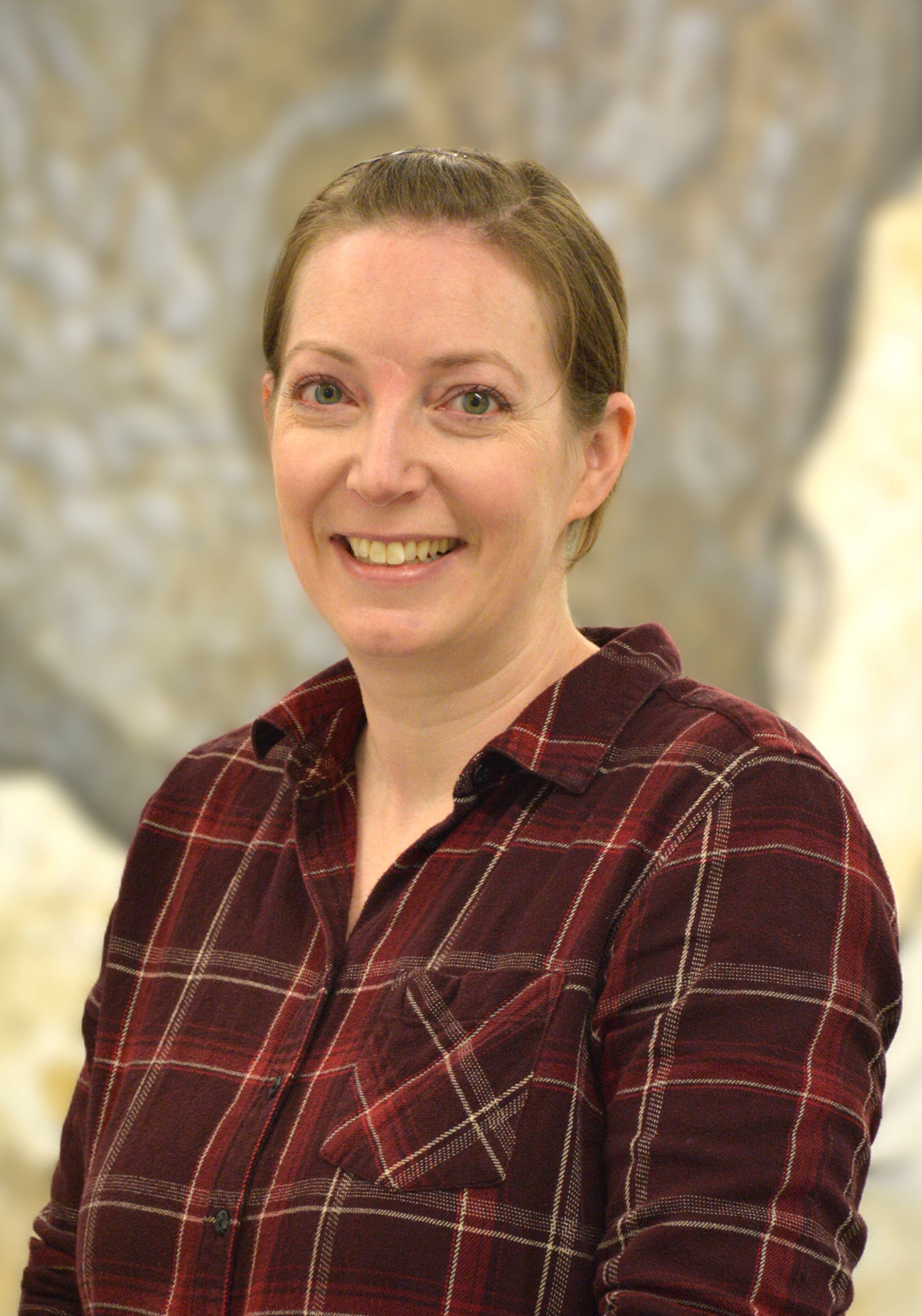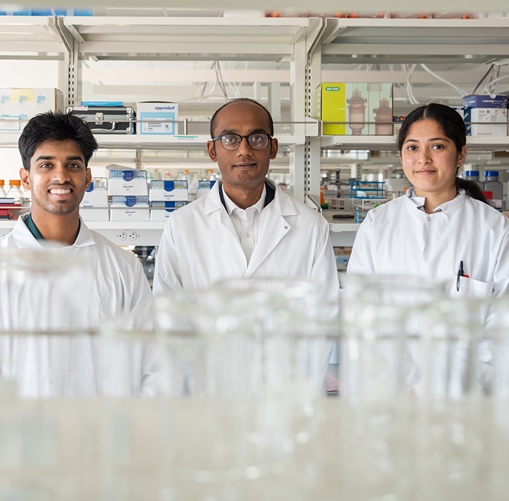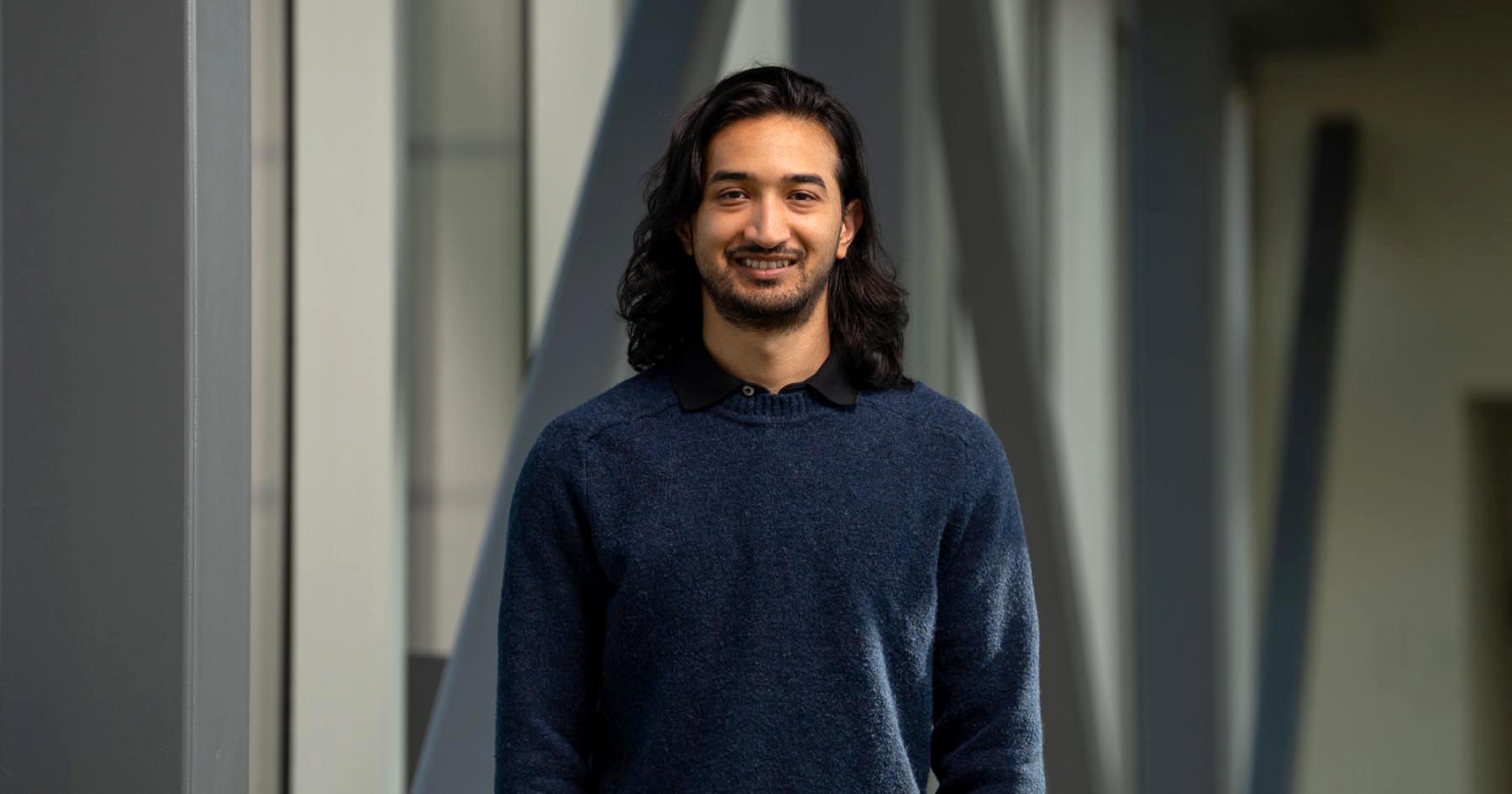Faculty Spotlight: Emily Ford and Laura Kerr
Emily Ford serves as the meat lab manager and Laura Kerr as the assistant meat lab manager at the Boilermaker Butcher Block, which aims to provide students with a comprehensive farm-to-fork experience through hands-on education in premium meat production.
Ford and Kerr oversee meat processing, product development, student training and retail operations that support hands-on learning for students in animal sciences.
Ford earned her bachelor's degree in animal sciences at Kansas State University and her master's in animal sciences at Purdue. Her advisor during her time as a graduate student was Stacy Zuelly, Ph.D.
“I grew up showing livestock and loved cooking, so meat science was the perfect way to bring those together,” Ford said.
At Purdue, Ford manages food safety protocols, weekly processing schedules, inventory, product planning and student employees.
“Honestly, I do a little of everything,” Ford said. “I work closely with students, help them develop products and teach them how to manage workflow. A lot of our best-selling ideas have come directly from them.”
Kerr took a unique and unexpected path into meat science. She holds a bachelor's degree in mathematics and a Master of Arts in Teaching from the University of Arkansas and began her career as a high school math teacher. Her interest in family history led her to uncover her roots—her family operated a butcher shop for over 120 years.
“That connection made me want to learn more,” Kerr said. “I went through formal training at Olds College in Alberta, Canada, and eventually found myself working in meat processing full time.”
Kerr joined Purdue in 2022 and now leads students through processing, cutting and value-added production.
Ford and Kerr collaborate on developing new products for the Boilermaker Butcher Block, Purdue Animal Sciences’ retail storefront. Ford's favorite product is the Philly cheesesteak bratwurst, a now-popular item that was born from repurposing unused salisbury steak seasoning. Kerr’s favorite is the cheese-filled snack sticks.
However, for both Ford and Kerr, the most rewarding part of their job isn’t the products—it’s the people.
“I really enjoy training our student workers and watching them become confidently independent,” Ford said. “Some of them can run the entire facility now. That’s incredibly rewarding to see.”
Kerr also shared that she enjoys working closely with students.
“I love working with students, teaching them new skills, and learning from them too. We get to create a positive educational environment, and that’s what makes this place so special.”
Ford described the meat lab as a space that supports teaching through doing.
“People learn in different ways, and it’s so valuable to let them see what they’re learning in textbooks play out in real time. We also help reduce waste by using meat from research animals whenever possible, which adds to sustainability.”
According to Ford and Kerr, their ability to manage high-volume production is a major achievement.
“We’ve had weeks with 32 sides of beef, 25 sides of pork, eight whole lambs and poultry processing—all at once,” Ford said. “When you can handle that and still keep things running smoothly, it’s a success.”
Kerr is particularly proud of the service retail case.
“We had to work through some logistics at first, but it’s a great addition. It looks good, functions well, and we’ve built a smooth system around it.”
Outside of work, both are active beyond the lab. Ford, a mom of three, enjoys showing pigs with her family, smoking meats at home, and exploring home décor. Kerr enjoys spending time outdoors, hiking, drawing, and playing with her kids.
For those considering a career in meat science, both encourage an open mind.
“There’s so much variety in this field—food safety, processing, product development,” Ford said. “It’s great preparation for any food-related industry.”
“You never really know where your education might take you,” Kerr added. “Be open to it. Sometimes what you think is just a side interest turns out to be your career.”








